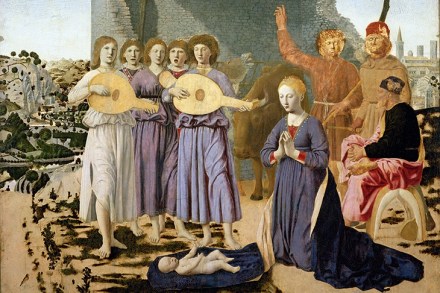Love match
You mess with Laurel and Hardy at your peril. Their fan base is essentially the entire world. Samuel Beckett adored them: many think they inspired Waiting For Godot. Eric Morecambe’s reluctance to appear in bed with Ernie Wise melted when he was reminded that Stan and Ollie had used the same conceit. In Poland the duo are known as Flip i Flap, in Germany as Dick und Doof. I once attended a New Year’s Eve party at which the two dozen children present (toddlers to teenagers) were parked in front of a screen with a stack of Laurel and Hardy DVDs — not one of them left the room all




















